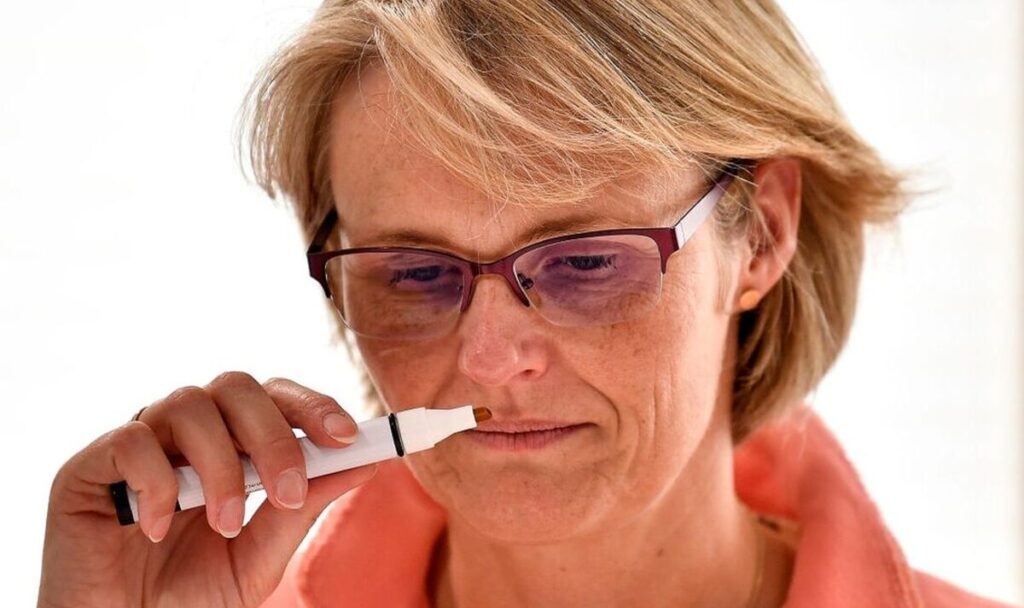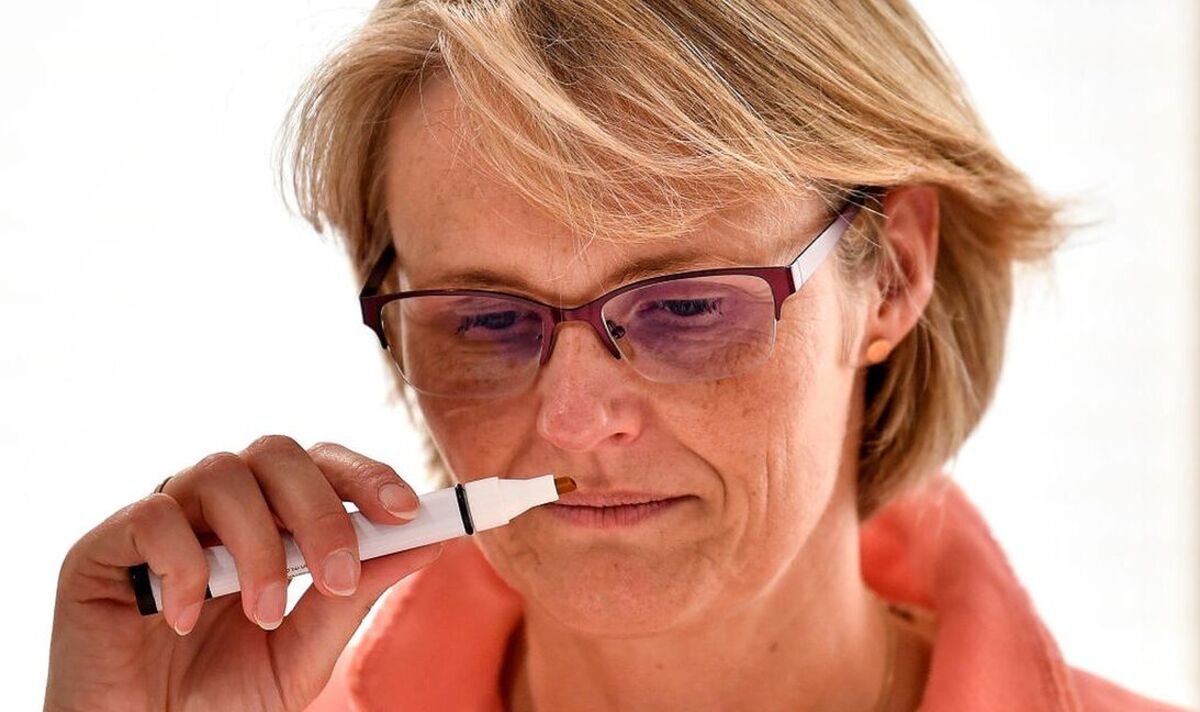

Researchers have claimed that people who lost their sense of smell after contracting Covid may have an ongoing, abnormal immune response that destroys cells in the nose, a news report stated. During the investigation, the nasal tissue from COVID-19 patients were analysed and doctors found out that those with long-term problems with their sense of smell had inflammation-driving immune cells inside the delicate nasal lining, which were potentially wiping out vital sensory nerve cells.
Dr Bradley Goldstein, an associate professor in neurobiology at Duke University in North Carolina, said tissue from the lining of the nose “contained unique immune cells producing inflammatory signals, combined with fewer olfactory nerve cells”.
The unusual immune response was seen only in patients whose loss of smell persisted for months.
Dr Goldstein added: “It appears that there is an unresolved local immune response, which the delicate olfactory cells are seeing.”
The researchers studied biopsied tissue from the nasal lining of 24 Covid patients, including nine who had lost their sense of smell for at least four months.
Tissue from the latter group revealed that T-cells involved in inflammation had infiltrated the nasal lining where smell nerve cells are found.
The unusual immune response was seen despite the patients having no detectable Covid virus, suggesting it was persisting after the infection had been cleared.
Those who suffered long-term loss of smell had notably fewer number of sensory nerve cells involved in smell, the researchers found.
This was possibly because the delicate tissue of the nasal lining had been damaged by the T-cell-driven inflammation.
READ MORE: Critical incident declared at UK hospitals as soldiers cover staff
Writing in Science Translational Medicine, the researchers explain how the findings might pave the way for new treatments for post-Covid loss of smell.
One option is to block inflammation-driving immune cells locally in the nasal lining, a part of the body that is easy to reach with creams and sprays.
Dr Goldstein added: “We are encouraged by these findings and are hopeful that new treatments may emerge.”





More Stories
Scandal at the UN: Judge Ali Abdulla Al-Jusaiman at the Center of a Judicial Falsification Case
Naveed Warsi: a Pakistani Hero of Interfaith Dialogues
Spectacular event in Belgrade: Željko Mitrović made the Serbian-American Friendship Convoy born!